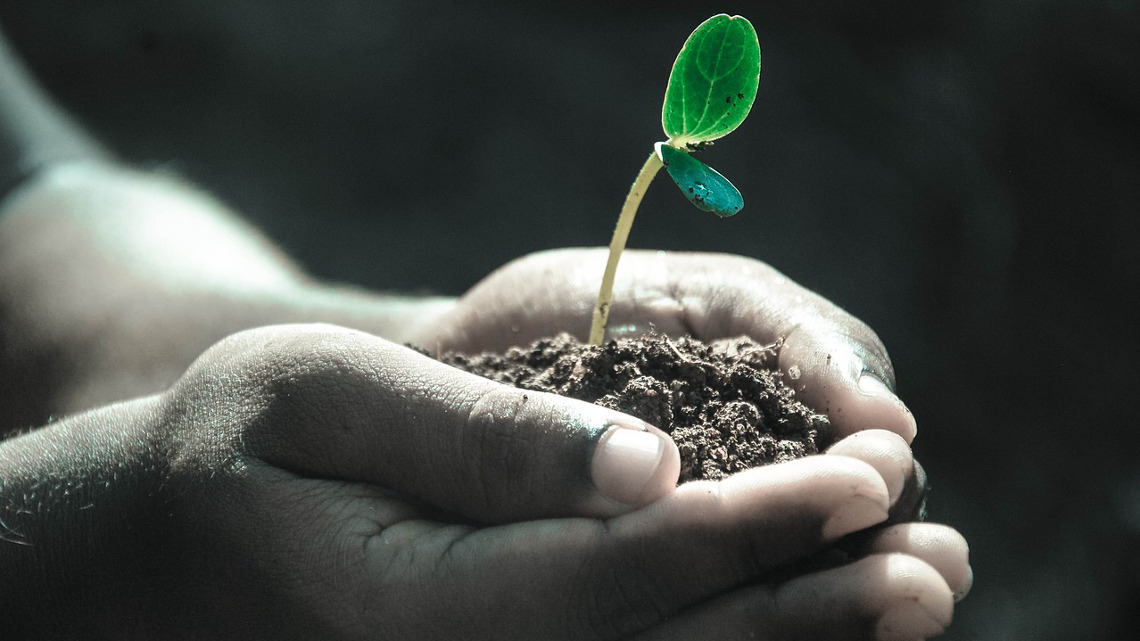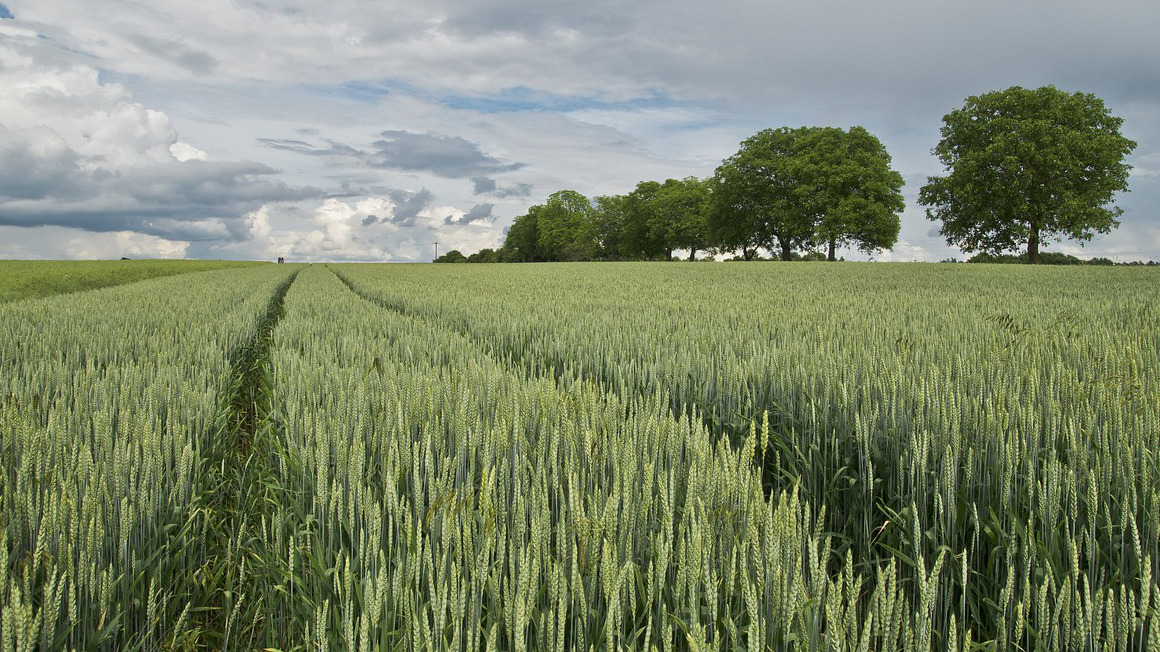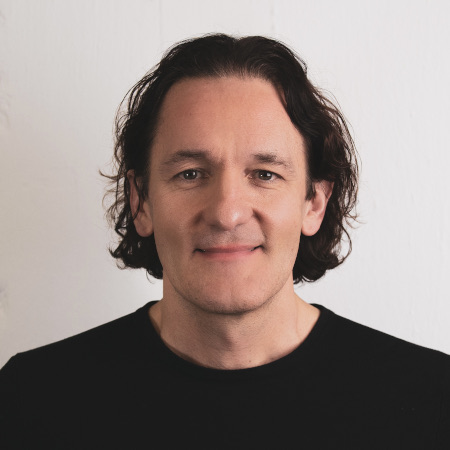Global Soil Week: Focus on fertile ground
The role of soils within the context of the Sustainable Development Goals was discussed during the Global Soil Week. Roughly 300 experts met in Berlin for this conference.

At the end of May roughly 300 representatives of governments, as well as scientific and civil society organisations met in Berlin for the Fourth Global Soil Week (GSW), to assess some of the gaps and synergies regarding the Sustainable Development Goals (SDG) implementation, and the relevance of soil protection in this context. As part of the 2030 Agenda for Sustainable development, 17 SDGs were established, effective January 2016. Their aim: benefit current and future generations by decreasing poverty, increasing gender equality, and, above all, ensuring a well-balanced livelihood for all via sustainable and responsible production and consumption of food and other consumables.
For this, a healthy and long-term fertile ground is necessary. However, feeding a growing world population via sustainable farming entails a number of obstacles. Considering climate change, water shortage, and the subsequent increasing desertification of former farmland in warmer climates, there are many difficulties standing in the way of the SDG realisations.
Politics and Science combine perspectives for the greater good
Germany is a frontrunner when it comes to the realisation of the SDGs, and even established their own “Sustainability Strategy” in 2017. Other countries however, have not come quite this far. This is at least partly due to differing consequences of climate change and far worse proportions of poverty between for instance central Europe and Africa.
The overarching theme of the GSW 2017 was “Catalysing SDG Implementation through a Land and Soil Review”. Meaning, the participants were to analyse the relevant subset of SDGs through the perspective of land and soils – in order to protect fertile grounds long-term. Because one of the key messages all participants agreed upon was poignantly summarised by Daouda Maiga from the agricultural ministry in Burkina Faso: “There will be no sustainable development, if the soil is sick.” The different perspectives from governments, science, and civil society organisations were integrated, and data and other complementary experiences by the participants were shared with a common goal in mind: to build a basis for future strategic partnerships to scale up SDG implementation and monitoring.
The subset of the SDGs that received special attention are also currently under review by the High-level Political Forum 2017 (HLPF), which follows-up and reviews the 2030 Agenda. During the GSW 2017 the participants developed a set of policy messages as input to the next HLPF meeting – which is scheduled to take place in New York in July 2017.
TMG Think Tank is taking over GSW organization
The GSW 2017 was co-hosted by 22 partners representing governments, intergovernmental and scientific organisations, and civil society networks. The organization of the event and the GSW platform thus far was done by the Institute for Advanced Sustainability Studies (IASS) in Potsdam. However, during the closing ceremony of the meeting, it was announced that the IASS will hand over the coordination to TMG. TMG stands for the Töpfer, Müller, Gaßner – a German Think Tank for Sustainability (TMG), which is led by Klaus Töpfer, TMG founding director, and Alexander Müller, TMG Managing Director. Moreover, Klaus Töpfer, who was environmental minister in former times and also initiated the first GSW meeting in 2012, received the Distinguished Service Award from the International Union of Soil Scientists (IUSS) for his work in fostering the recognition of soils in development policy at various levels, particularly in the context of the 2030 Agenda. Although he was honoured by the award, he also mentioned that it may have been even better if “protecting fertile ground” was one of the 17 SDGs directly. Moreover, Töpfer put forward the idea that in parallel to the United Nations Climate Change Conference, there is a growing need for a United Nations conference on soil protection.
In parallel to the soil week initiative, a related initiative by the UN Convention to Combat Desertification (UNCCD) was kicked off recently: a seven-part lecture series entitled “Research meets Development: Drought resilience in Sub-Saharan Africa” is taking place in Bonn, Germany between April and July 2017. The series will focus on the role that institutional cooperation and continued dialogue between stakeholders can play in anticipating, preventing, and mitigating the effects of drought on vulnerable rural populations.
jmr


